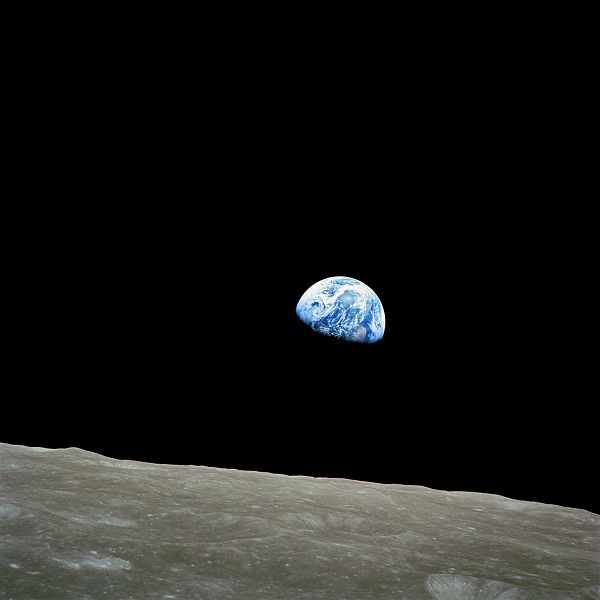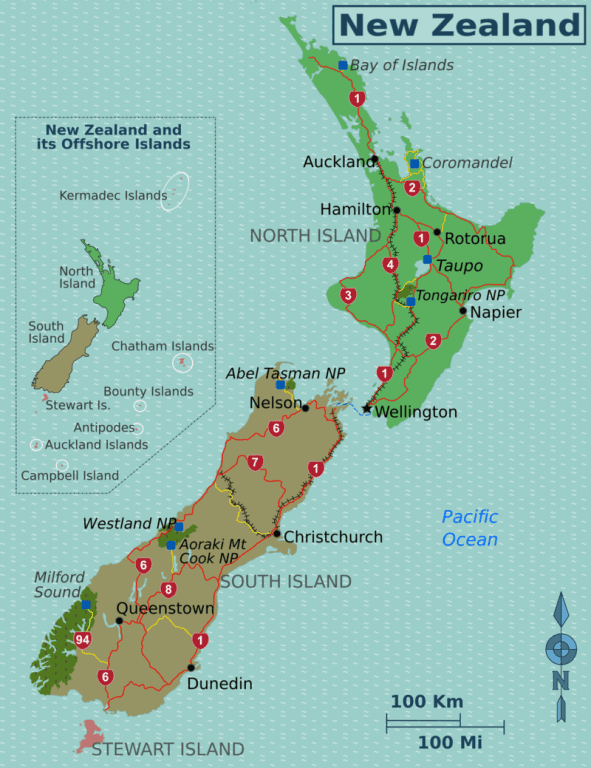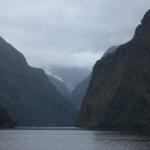
Two new articles went up at noon on Friday on the website of the Interpreter Foundation. I hope that you will enjoy them:
“Trees and the Love of God,” written by and
Abstract: Trees play real and metaphorical roles in the beliefs and holy scriptures of many world religions, and believers and non-believers throughout the world are uplifted spiritually by trees. In the Book of Mormon, a tree with delicious, sweet fruit appeared in two visions and one parable. Respectively, the tree represents the love of God as seen through the life and sacrifice of Jesus Christ and symbolizes spiritual growth as one experimentally nourishes faith from a seed. Trees and fruit in the world around us can remind us of important lessons from these teachings and help keep us focused on the Lord because trees embody godly attributes and illustrate righteous principles. Trees and God’s love are universal, meant to be dispersed, beautiful, long-lasting or eternal, strong, gifts, providers of bounty, givers of joy, and sources of shelter and comfort. From trees, we learn to shun pride, have proper priorities, be patient and persevering, keep growing spiritually, be well-rooted, and pursue spirituality. Trees kindle awe, reverence, and love in us. Whenever we see a tree or eat fruit or nuts from a tree, we can be reminded of God’s love and to choose righteousness. Trees can inspire us to continue nurturing our spiritual growth; by doing so, our lives can be monumental like trees.
“Interpreting Interpreter: A Love for Trees,” written by Kyler Rasmussen
This post is a summary of the article “Trees and the Love of God” by David M. Belnap and Nalini M. Nadkarni in Volume 60 of Interpreter: A Journal of Latter-day Saint Faith and Scholarship. All of the Interpreting Interpreterarticles may be seen at https://interpreterfoundation.org/category/summaries/. An introduction to the Interpreting Interpreter series is available at https://interpreterfoundation.org/interpreting-interpreter-on-abstracting-thought/.
The Takeaway: Belnap and Nadkarni provide a (nearly exhaustive) exploration of trees, and how their characteristics make them a more-than-appropriate metaphor for the love of God.

Curiously, I’ve been seeing a lot of water lately. Often, in fact, it seems to be all around us. But where did it come from? Why does Earth have it? Earth is unique among the rocky planets in our solar system in having oceans of liquid water on its surface.
Today, perhaps 352 quintillion gallons of water exist in Earth’s oceans, which cover roughly seventy-one percent of our planet’s surface. They are, in fact, all connected — no physical barrier separates the Tasman Sea, for instance, from the Coral Sea, or the Pacific Ocean from the Atlantic Ocean, or the Atlantic Ocean from the Indian Ocean — and the “world ocean” is Earth’s predominant natural feature, certainly the most visible from space.
Liquid water is necessary for all known forms of life. It continues to exist on Earth’s surface because our planet is sufficiently distant from the Sun that it doesn’t lose its water, but it is not so far from the Sun that low temperatures cause all of its water to freeze. It is in what is often called our solar system’s “habitable zone.” But, again, where did it come from?
The origin of Earth’s water is the focus of research and theorizing in the fields of planetary science, astronomy, and astrobiology.
For a long time, apparently, it was thought that Earth’s water didn’t originate from within its “protoplanetary disk” — the primeval mass of dust and gas from which our planet eventually emerged. Instead, it was hypothesized that our water must have been delivered to Earth from the outer reaches of the solar system at a later point in its history, after it had formed into a recognizable planet. Recent research, however, evidently indicates that hydrogen inside the Earth played a role in the formation of its ocean. Of course, it’s not an either/or: Evidence also seems to indicate that water was delivered to Earth by impacts from icy and dusty “planetesimals,” similar in composition to asteroids.
Geological evidence seems to indicate that water existed on Earth 3.8 billion years ago or maybe even 4.28 billion years ago. (Which, especially in the latter case, is extraordinarily early: The age of Earth is currently estimated at 4.543 billion years, give or take about fifty million.) If water or oceans existed earlier than this, there is no geological evidence for them yet, and geological processes like crustal recycling may have destroyed such evidence if it ever even existed.
This is an interesting topic (to me, anyway), but these are merely preliminary notes. I hope to read a bit more about it.

We’ve been sailing steadily southward since our departure from Wellington, down toward the southern tip of New Zealand’s South Island. Except for a little while. Apparently, one of the passengers aboard the Oracle of the Seas suffered a medical emergency, so we headed back northward again, toward Dunedin, where a pilot boat was to meet us and to take the passenger ashore. For some reason, it was decided that taking him or her away in a rescue helicopter, for which our ship is fully equipped, would be less appropriate or feasible. I didn’t see the transfer, but friends from our group did, and they say that it looked as if a body bag was taken aboard the pilot boat. And that, I’m afraid, doesn’t sound very good. (And, I’m afraid, it might account for sending a relatively slow pilot boat out to meet us rather than a helicopter.) We watched the pilot head off toward Dunedin, which was still quite some distance away. It has been an exceptionally beautiful evening, with a nice sunset followed by moonlight on a calm sea, but, whatever the current status of the person who was taken off the boat a few hours ago, there has been considerable pain and sadness aboard the Ovation of the Seas today.
Posted from the South Pacific












